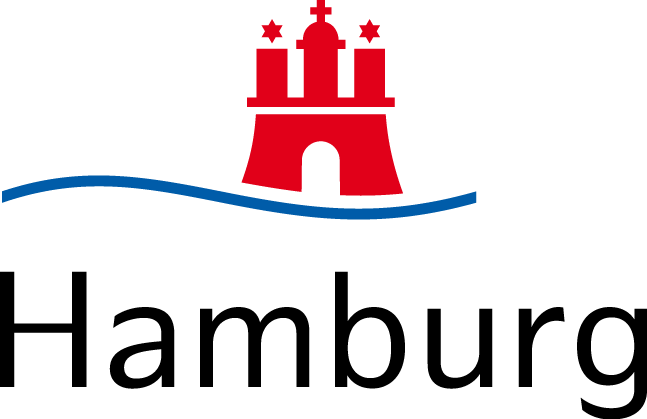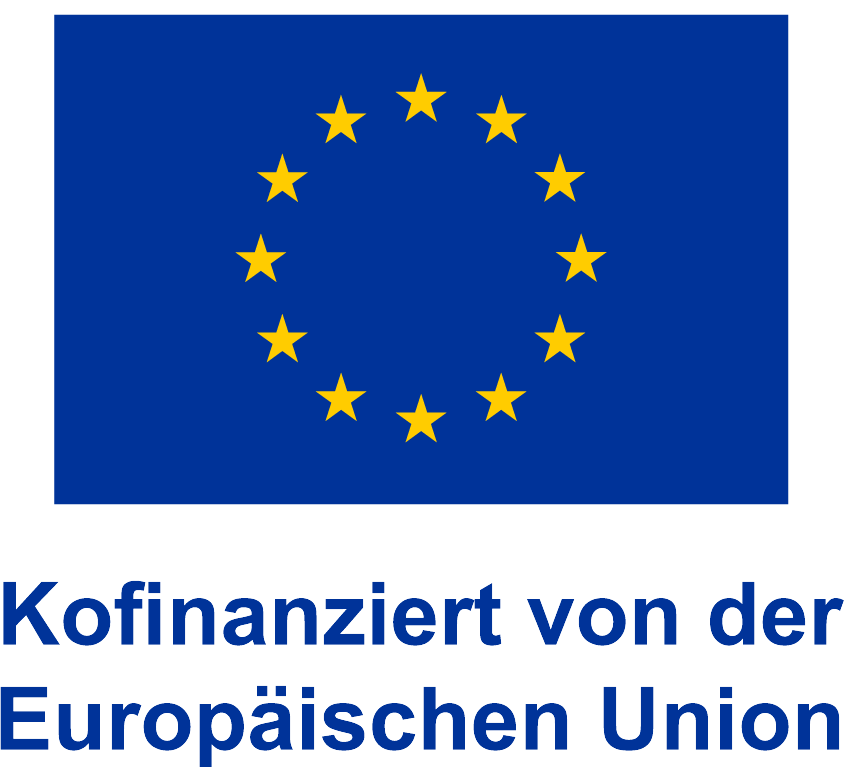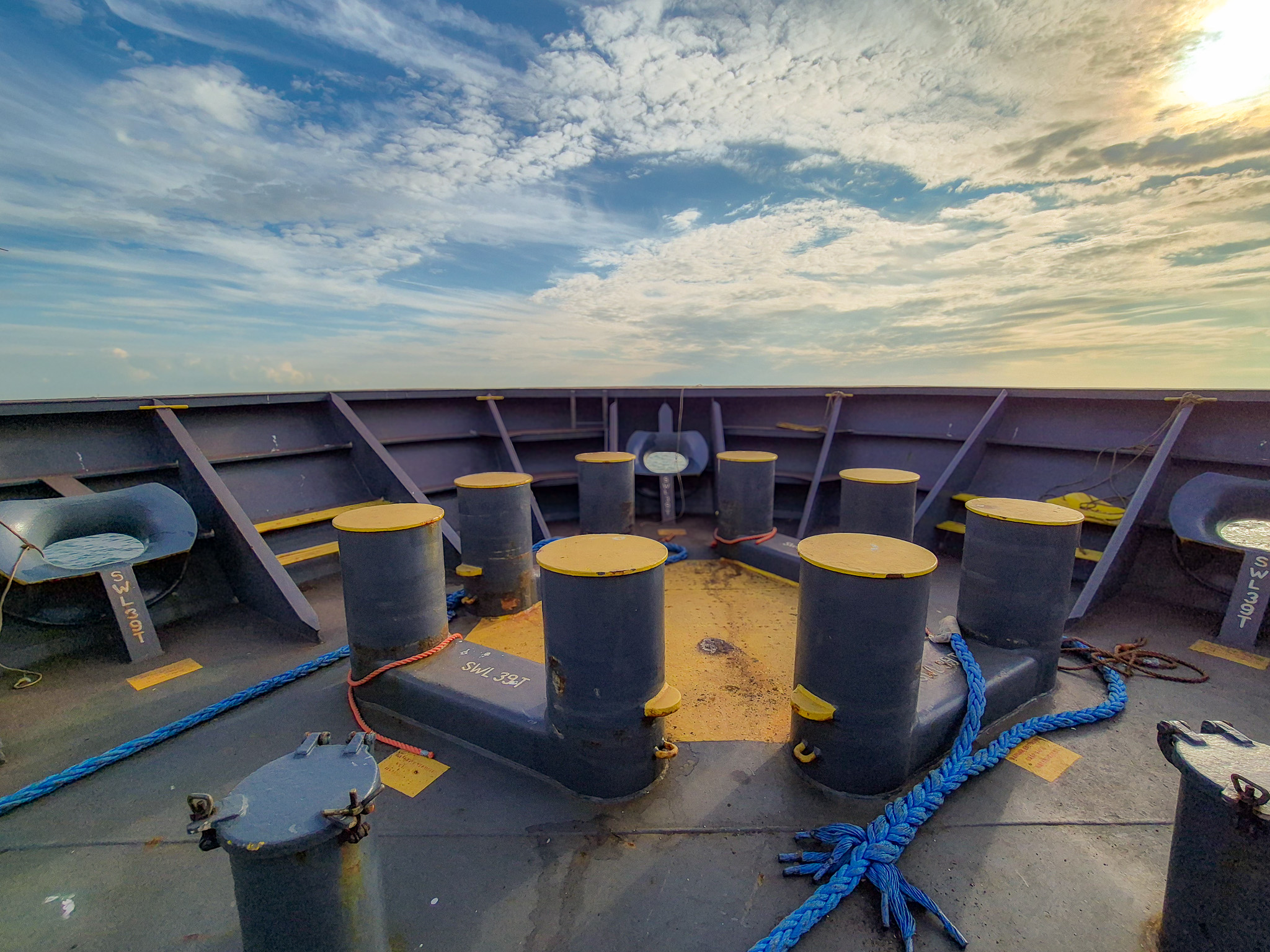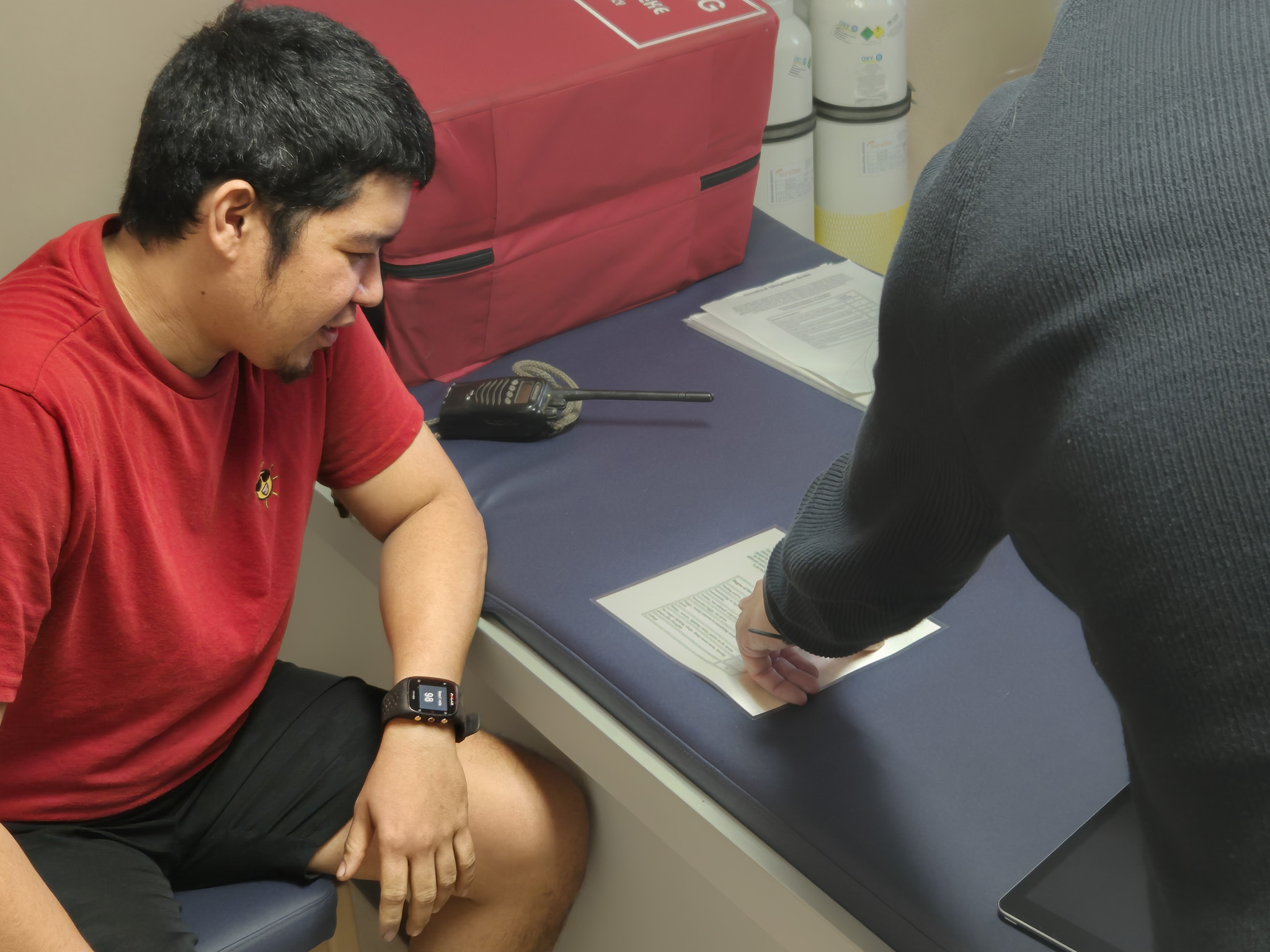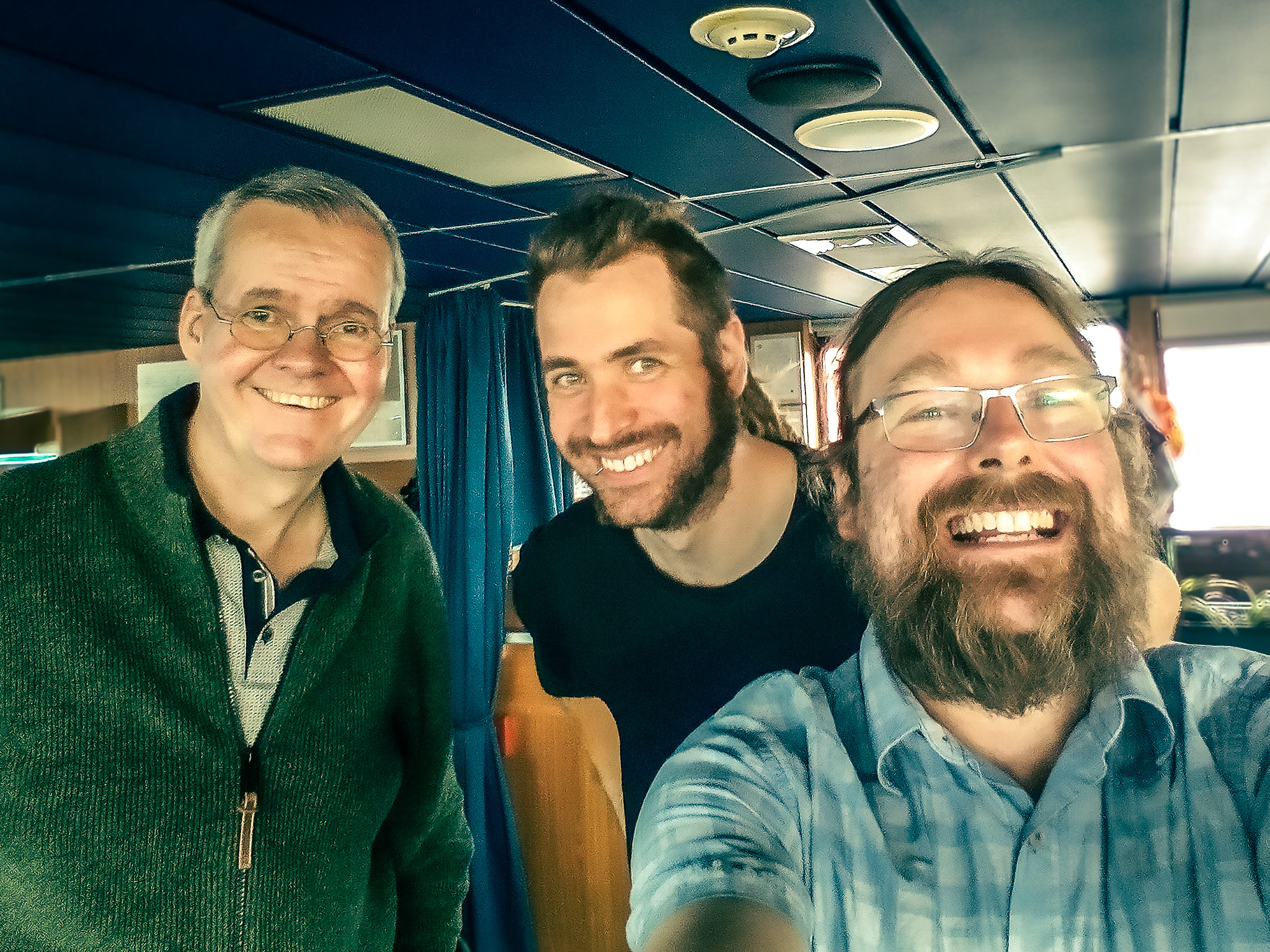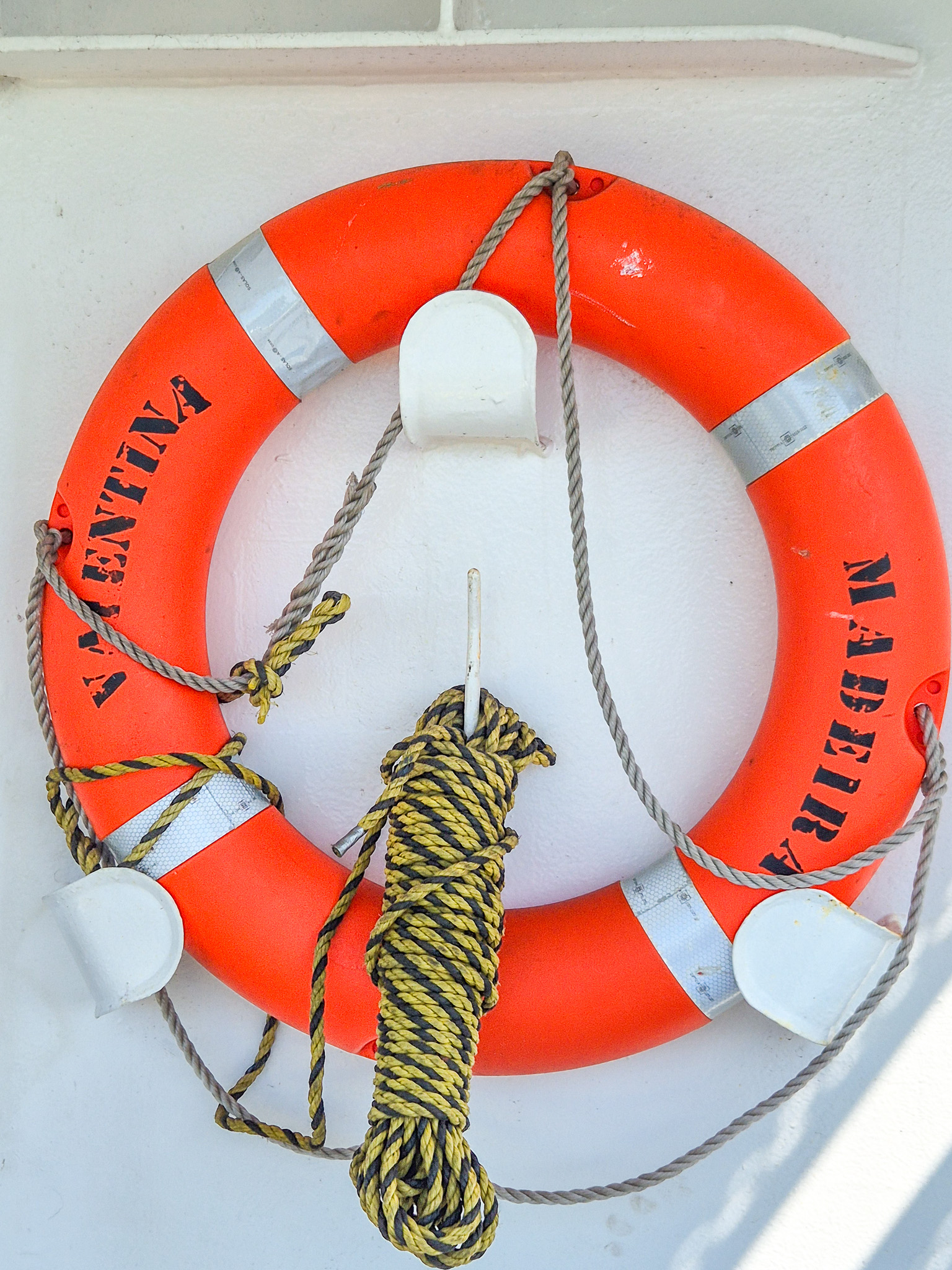Bremerhaven, 21–29 July 2025 – An interdisciplinary research team led by Prof. Dr. med. Marcus Oldenburg (Head of the Maritime Medicine Working Group, ZfAM) and Dr. Lukas Belz (specialist in Nautical Science and Maritime Technology) evaluated the AI-supported health platform SeaWell under real ship operating conditions on board the MS Valentina (Döhle Shipping Company).
Delayed Start, Time Gained
Changes in scheduling delayed departure by two days. The team used this window for final technical adjustments: activation of day-specific interventions, reconfiguration of the sensor network, and distribution of the app via APK file (the Google Play release was not yet available). During the on-board presentation, Prof. Oldenburg introduced the team, the content, and the project design of AI-healthy ship; the captain explicitly encouraged his crew to participate. Seventeen out of nineteen active crew members volunteered – a clear indicator of fundamental interest in the topic.
Installation under Bandwidth and Device Heterogeneity
Different security prompts hampered smooth installation: Asian devices accepted the APK after a simple confirmation, while European firmware required several manual releases in the security settings. A concise step-by-step guide was prepared for a small group training session and designed as a PowerPoint presentation.
Meanwhile, Mr. Neben from Lionizers, together with Dr. Belz and the ship’s electrician, installed six Raspberry Pi gateways with sensors (bridge, corridors, hospital) while still in port, to locally capture physical data – noise, vibration, CO₂, temperature. The infrastructure ran stably during the initial on-board inspection.
Medical Baseline and Initial Usage Data
The distributed fitness trackers (Polar M430) were enthusiastically used by many crew members. Immediate feedback on step count, heart rate, and sleep duration noticeably increased self-engagement and demonstrated the potential of tracker-based recommendations to translate awareness into sustainable action.
At two measurement stations, pupillometry and blood pressure (or PVT reaction times and current subjective fatigue) were recorded before and after each shift. After 72 hours, an initial analysis showed: around 40% of the crew accessed SeaWell only sporadically or not at all – a possible signal of deficits in user experience and activation.
Qualitative Interviews Instead of Second Cross-Shift Measurement
On 25 July, the team replaced the planned repeat measurement with structured 15-minute interviews. In addition, installation status, intervention usage, fitness tracker synchronization, and completeness of profile data were checked. The greatest technical obstacle: the Polar M430 synchronizes its data with the corresponding app primarily manually and via an unintuitive trigger. Synchronization, however, is essential for data exchange with SeaWell via Google Health Connect.
UX Barriers and Cultural Preferences
A recurring feedback point was: “functional, but not very motivating yet.” The largely Filipino crew expressed a desire for concrete intervention suggestions based on their current biometric data, and in part for culturally-religious daily quotes. Such content enhances psychological resilience, strengthens the sense of belonging, and fosters intrinsic motivation – key elements of any well-being concept.
Outlook
On 28 July, the data collected by the various sensors was successfully validated and now forms the basis for the mini-model (MVP 1). In a subsequent debriefing on 6 August, five central action areas were defined:
- Make user guidance more intuitive.
- Provide content that is short, multimedia, and relevant.
- Ensure communication is consistent and transparent.
- Deliver technology that is reliable and easy to handle.
- Present feedback from the fitness trackers in a motivating way for users.
The next on-board study is scheduled in about six months on another Döhle ship, in order to test how well the system can be installed in a new environment and whether the results are transferable.
Glossary
| Term | Short Definition |
|---|---|
| APK | Installation file for Android apps outside the Google Play Store. |
| PVT (Psychomotor Vigilance Task) | Reaction test to objectively measure alertness/fatigue. |
| Raspberry Pi Gateway | Mini-computer that collects sensor data locally and synchronizes it when network is available. |
| Intervention (SeaWell) | Short format (e.g. stretching exercise, breathing technique) proposed by the app based on the situation. |
| Satellite Network | On-board Wi-Fi with limited data volume, connected via satellite. |

